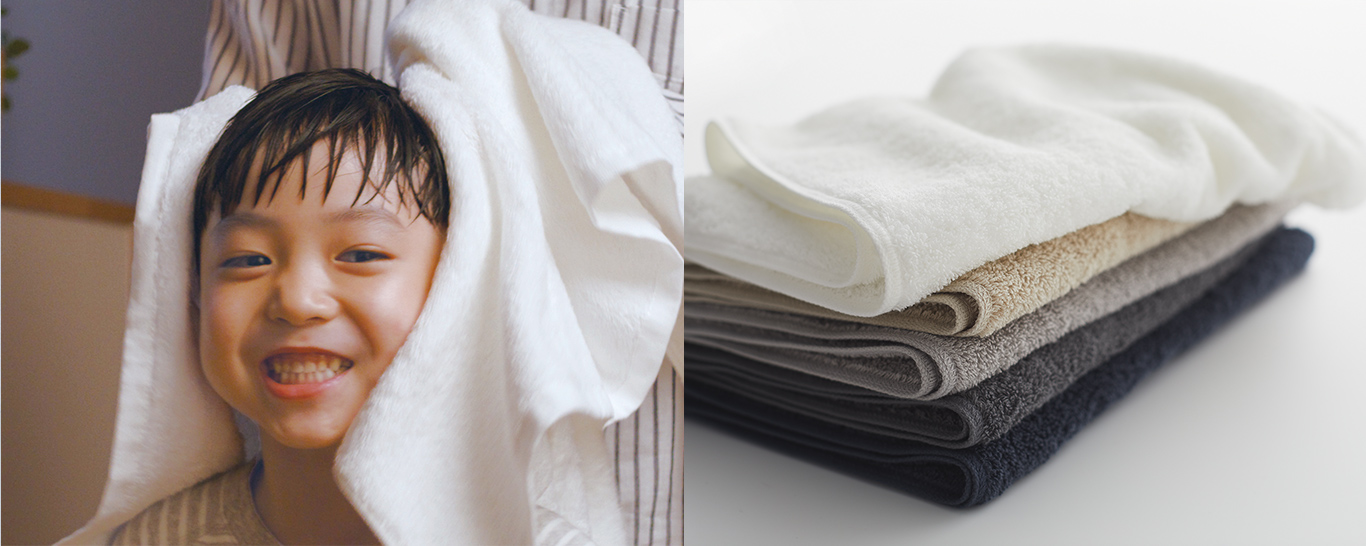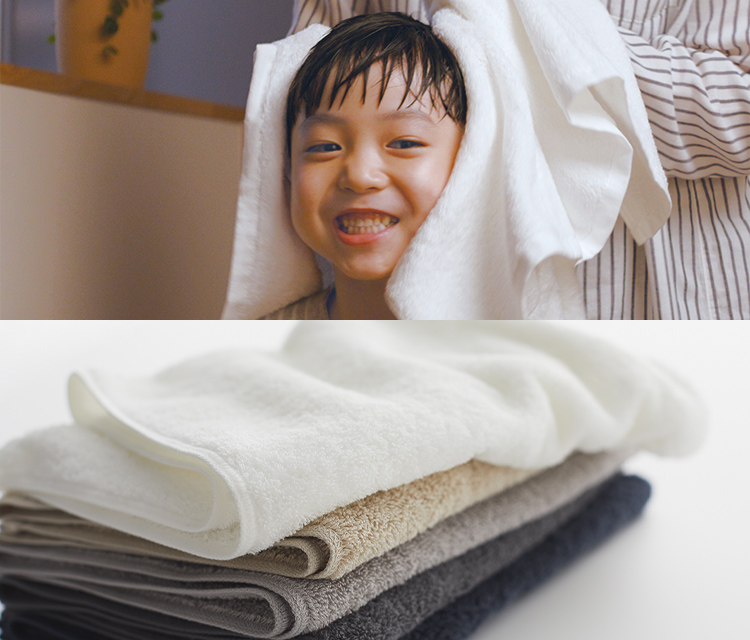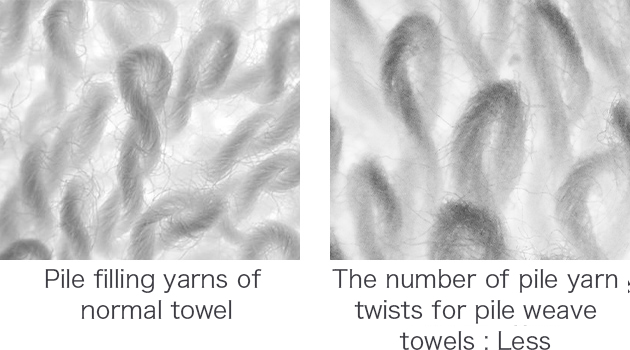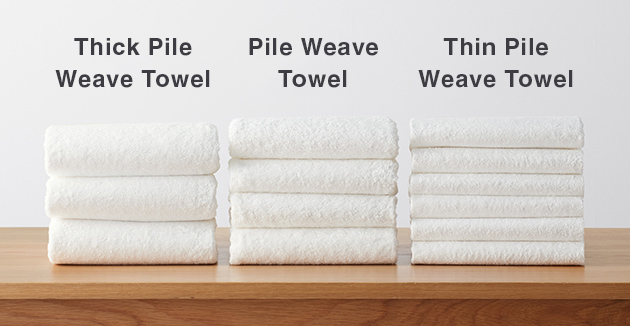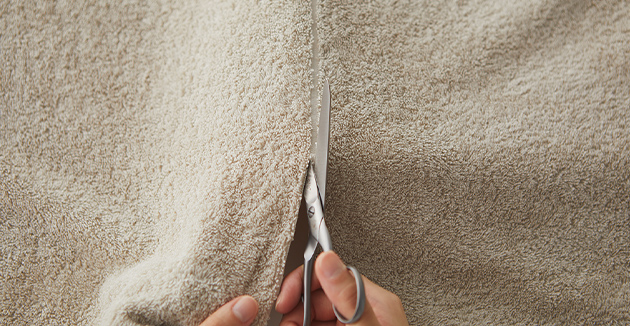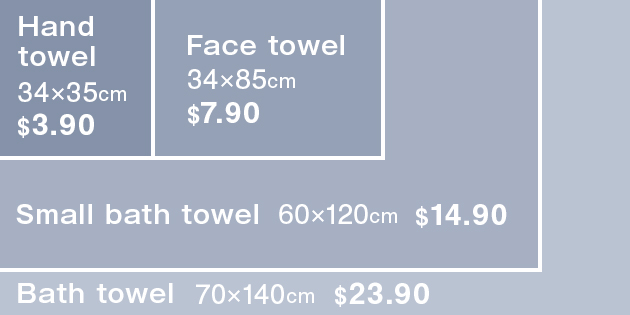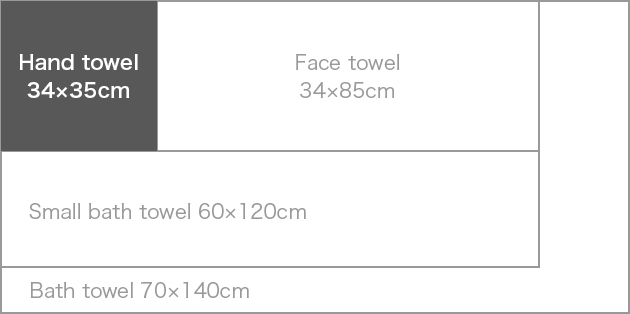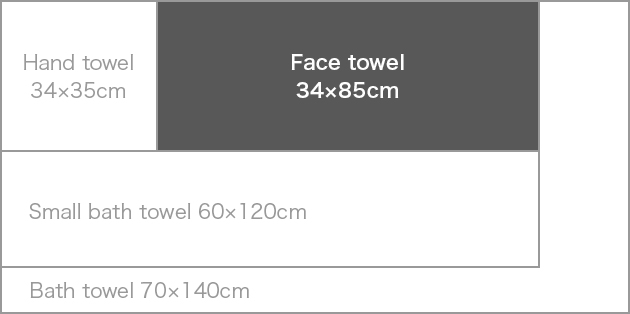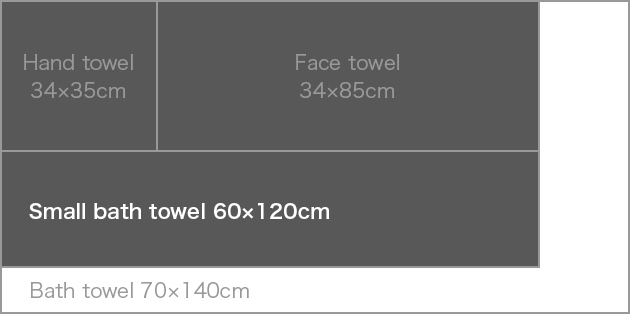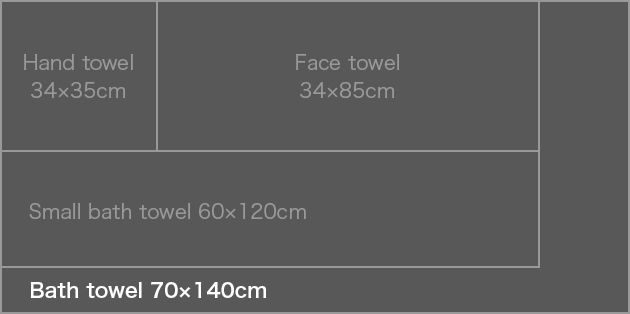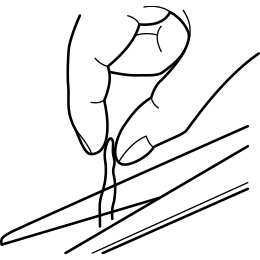MUJI’s “Organic Cotton”
Cotton and Pesticides
Cotton production consumes as much as 1/4 of all pesticides used globally. This goes to show how time-consuming and labor-intensive cotton production is. As a result, large quantities of pesticides accumulate in the soil, impacting the producers, the people living nearby, and the flora and fauna.
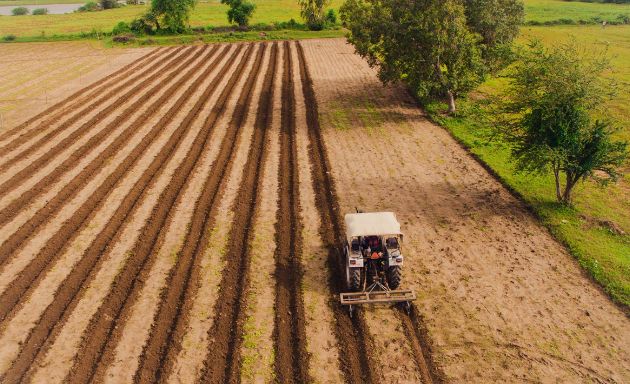
Materials that also make producers happy
Cotton production consumes as much as 1/4 of all pesticides used globally. This goes to show how time-consuming and labor-intensive cotton production is. As a result, large quantities of pesticides accumulate in the soil, impacting the producers, the people living nearby, and the flora and fauna.
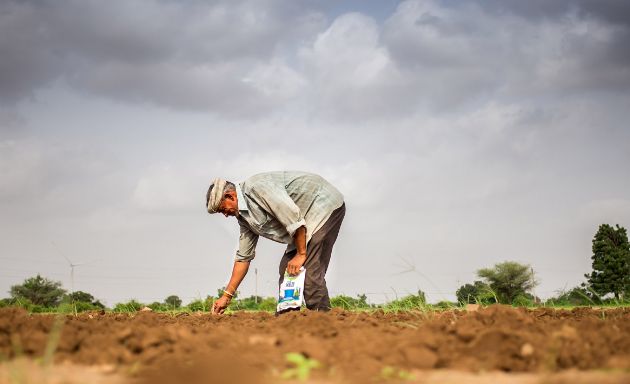
Connecting with producers as manufacturers
However, organic cotton production currently only makes up less than one percent of the global cotton market. This is because the yield per hectare of organic cotton is around 70% of the yield of cotton grown conventionally using pesticides.
To solve this issue, MUJI has been engaged in various initiatives that benefit the environment, the ecosystem, the producers, and those living near cotton plantations.
Realizing that it is extremely important to understand the process of producing organic cotton and to become more passionate about using sustainable raw materials, our product designers visited cotton plantations all over the world and experienced the planting and harvest season in 2014.
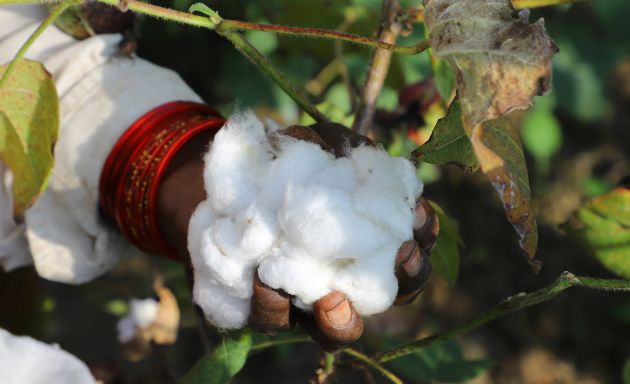
Standardization
These initiatives finally bore fruit in 2018, when almost all of our apparel is made from organic cotton. On top of that, we have also removed the term “Organic Cotton” from our product labels as of 2019.
To further spread the practice of organic cotton cultivation, we started a new initiative in 2021 whereby we will give 2 organic cotton seeds to producers in India for every T-Shirt we sell.
Even after standardizing the use of organic cotton for our products, we will continuously strive to make our manufacturing beneficial for both producers and consumers.

